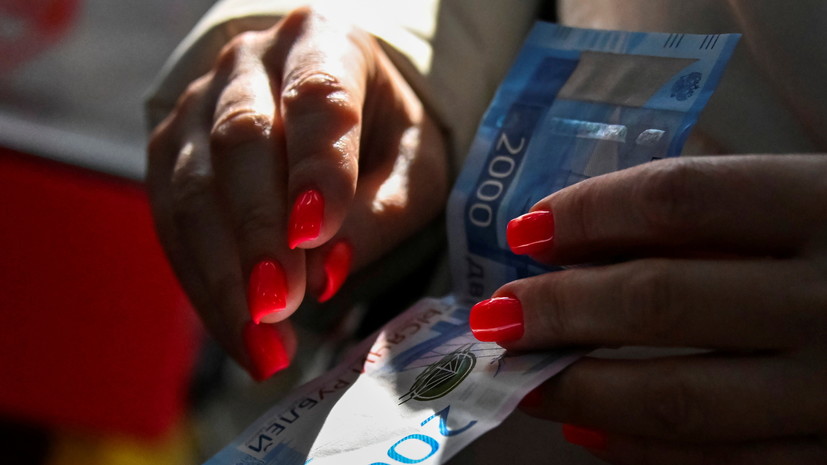“Of course, this is a commendable initiative of the Central Bank, which is designed to protect the rights of ordinary people, depositors, bank customers from the actions of fraudsters.
However, firstly, you need to understand what kind of fraud he is going to protect: participation in pyramids, some fraudulent actions of banks to impose loans and additional conditions, the intrusion of cybercriminals into accounts, theft of money from accounts.
The list can be endless, ”the expert said.
According to Belyaev, it is difficult to talk about compensation for any actions of fraudsters, since in most cases they are invulnerable to the law, from a legal point of view.
Very cleverly deception is camouflaged by fraudsters under legal actions, the interlocutor of RT believes.
"Whether it is voluntary contributions from people, or they are influenced by linguistic techniques and so on ... The actions of people seem voluntary, then on what basis can we talk about a refund?"
- said the economist.
Another question, according to Belyaev, is who should return the money and in what amount.
“As a rule, when fraudsters are caught, they no longer have any money.
The source of the return is not clear, ”the specialist said.
In general, the Central Bank's initiative is positive, however, the mechanism for returning funds and determining the sources of returning these funds remains unworked, concluded Belyaev.
In his opinion, more efforts should be made to educate citizens and increase the level of financial literacy of the population.
Earlier, RBC reported that the Central Bank of Russia proposed to oblige banks to return money to victims of the actions of fraudsters.

